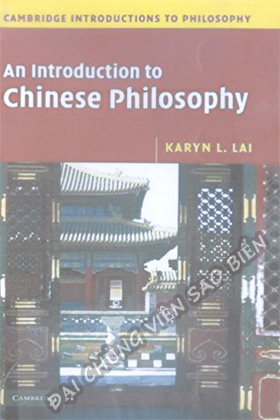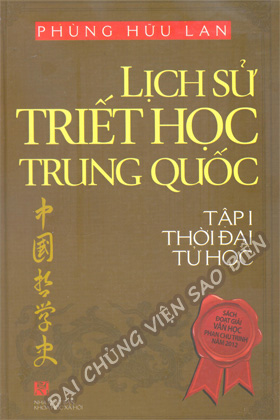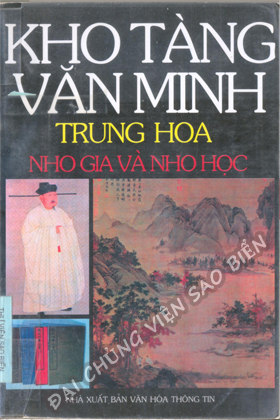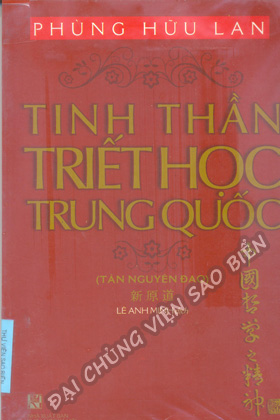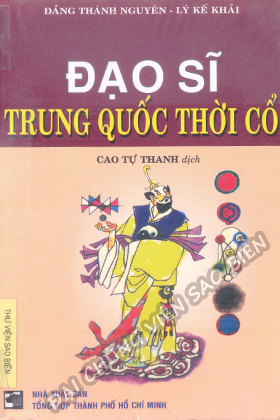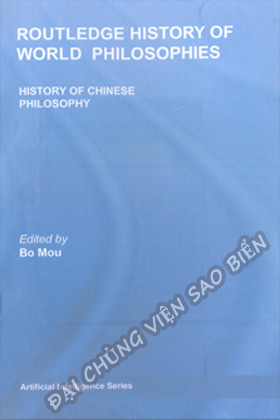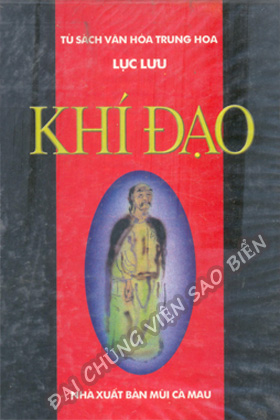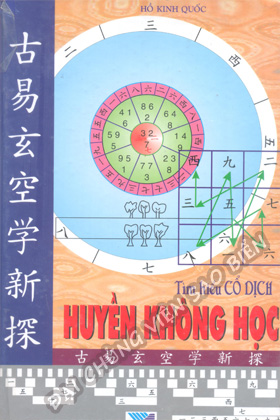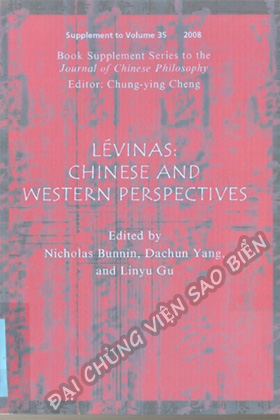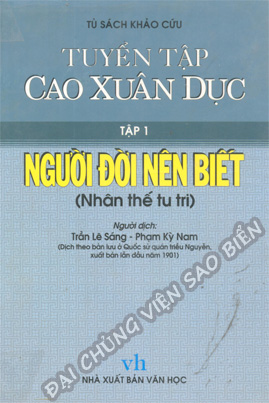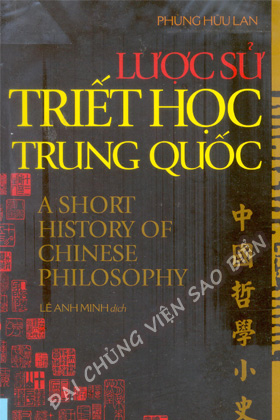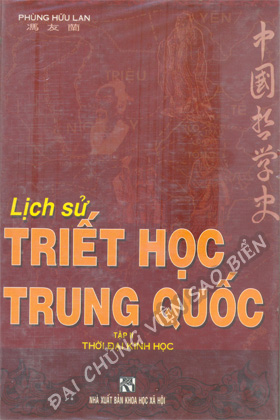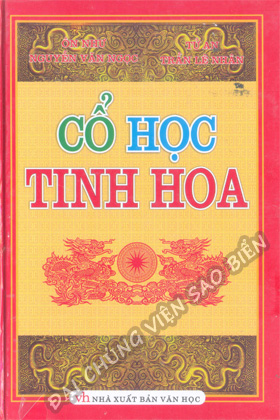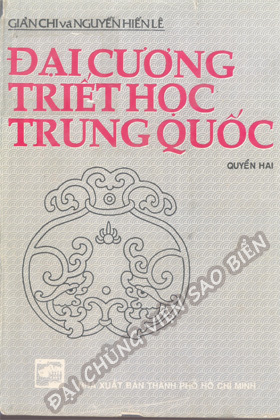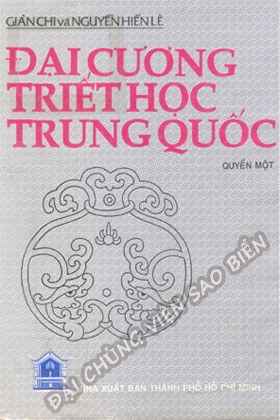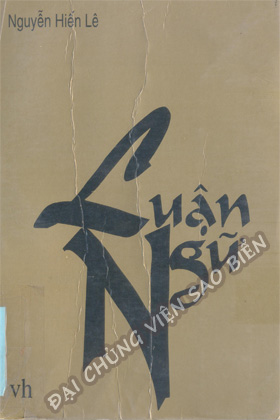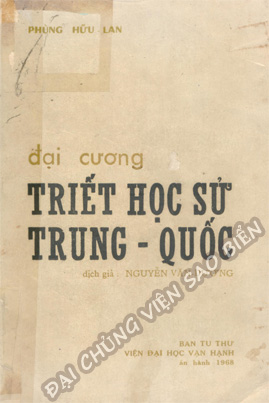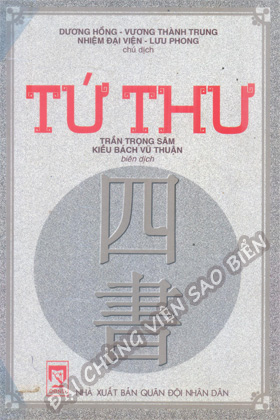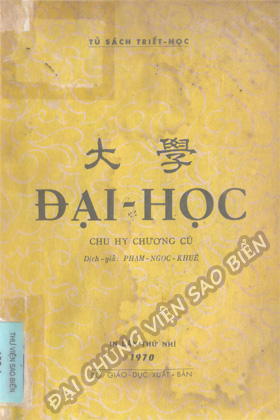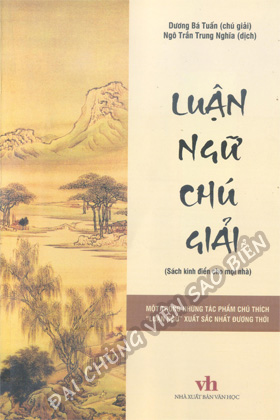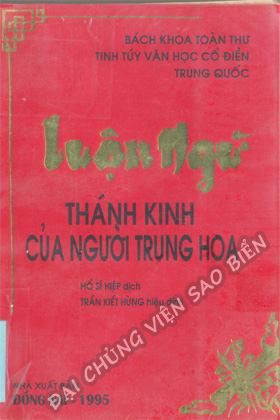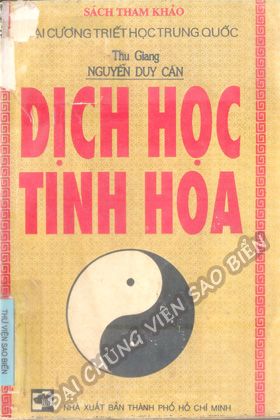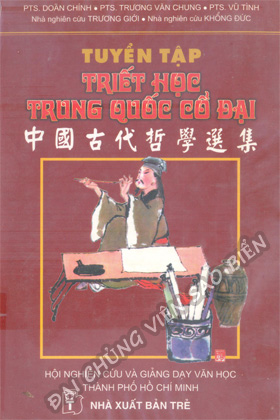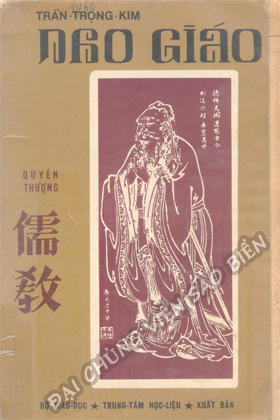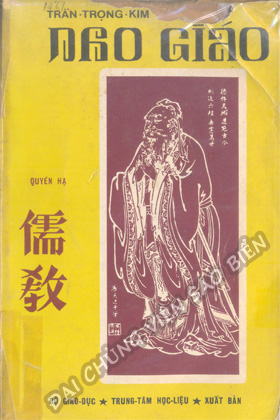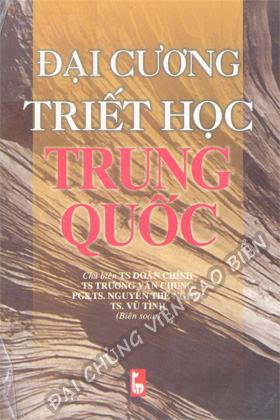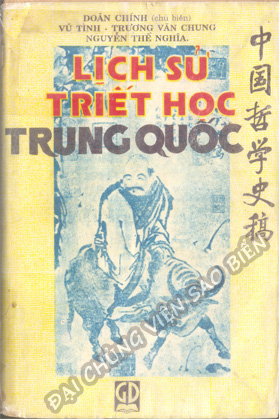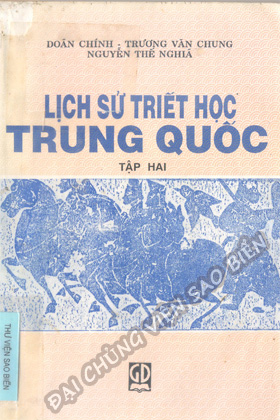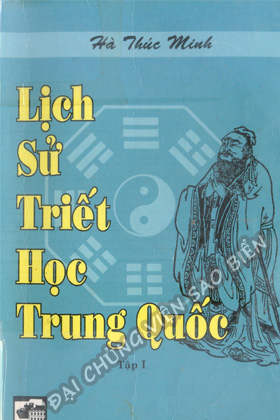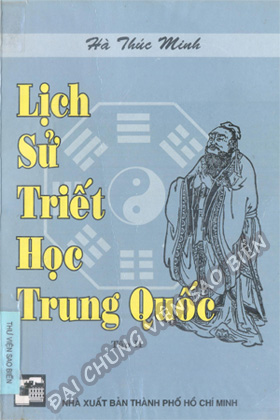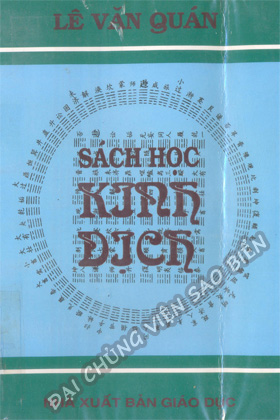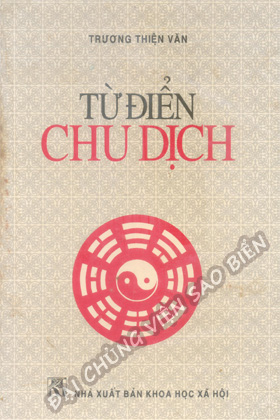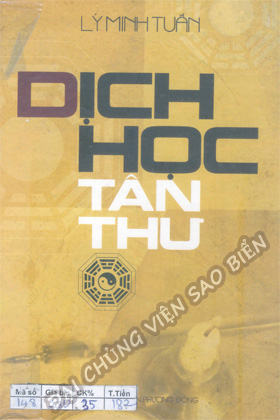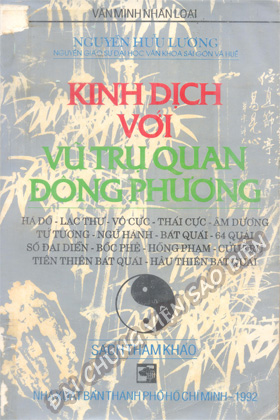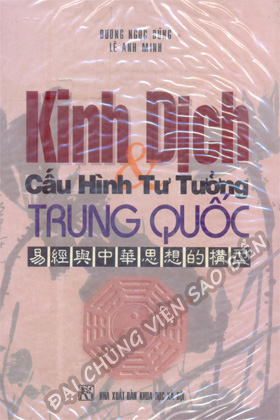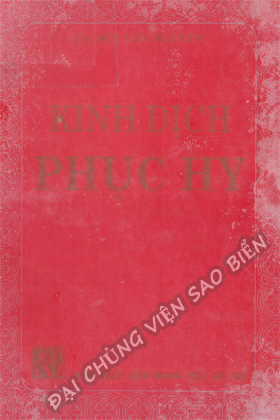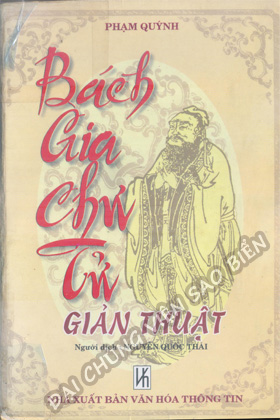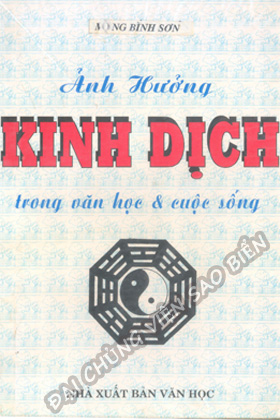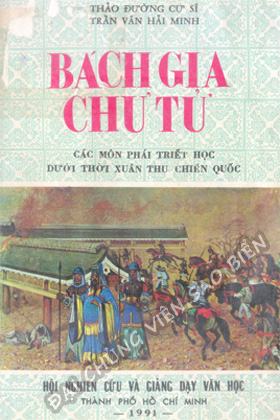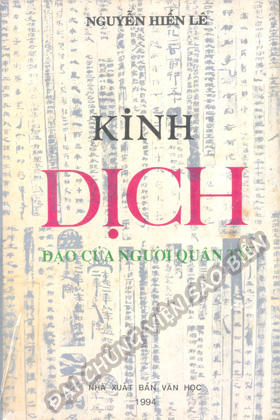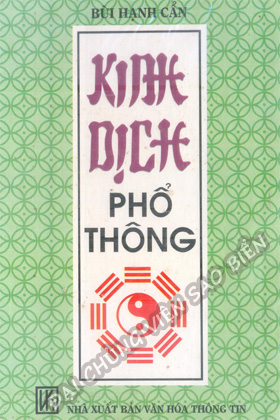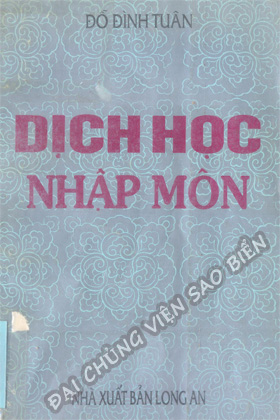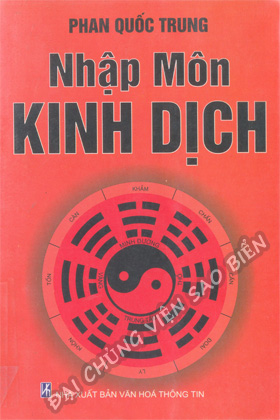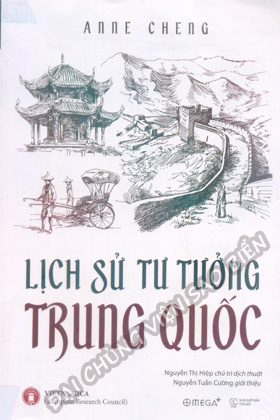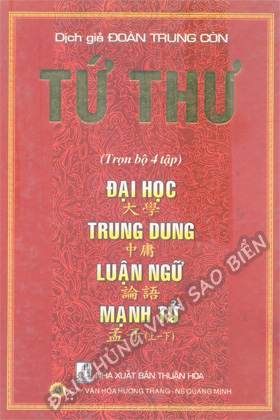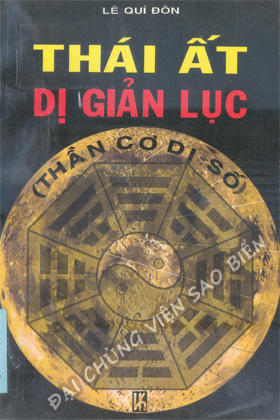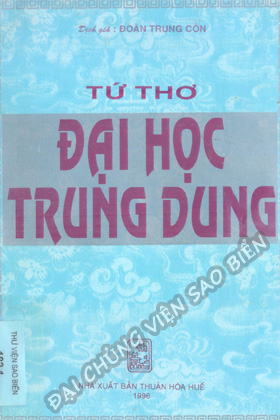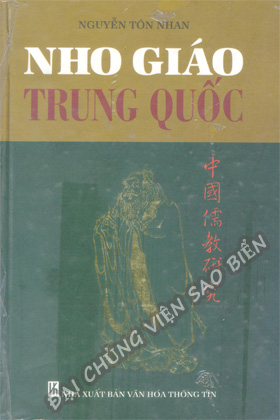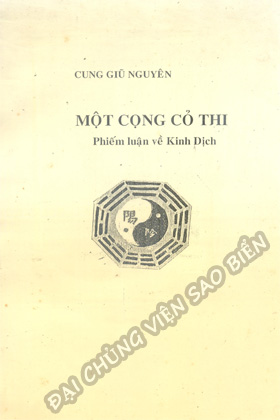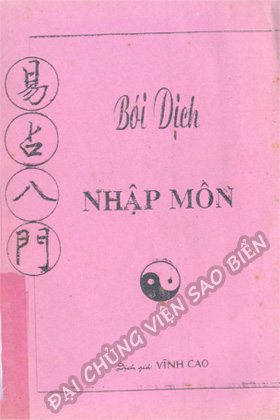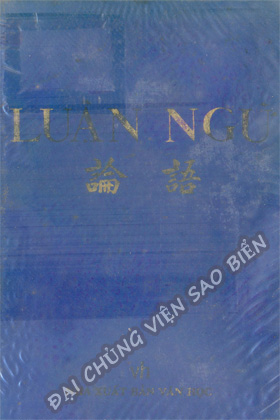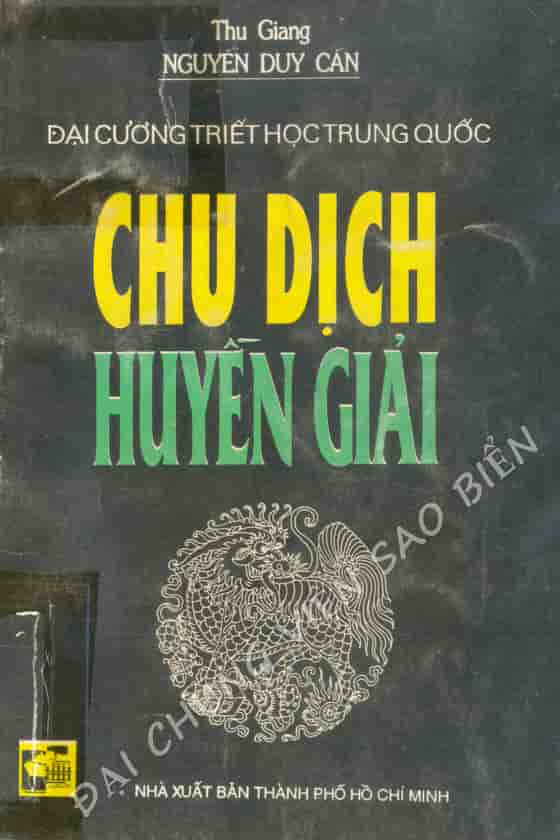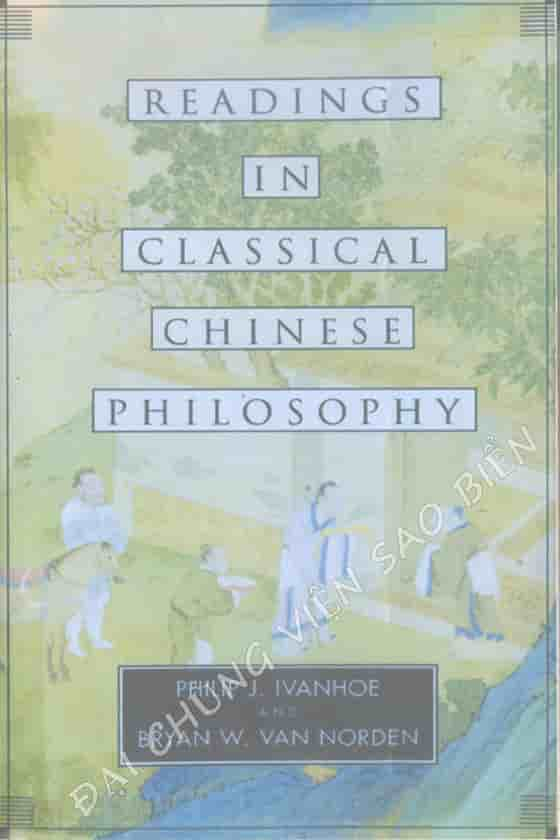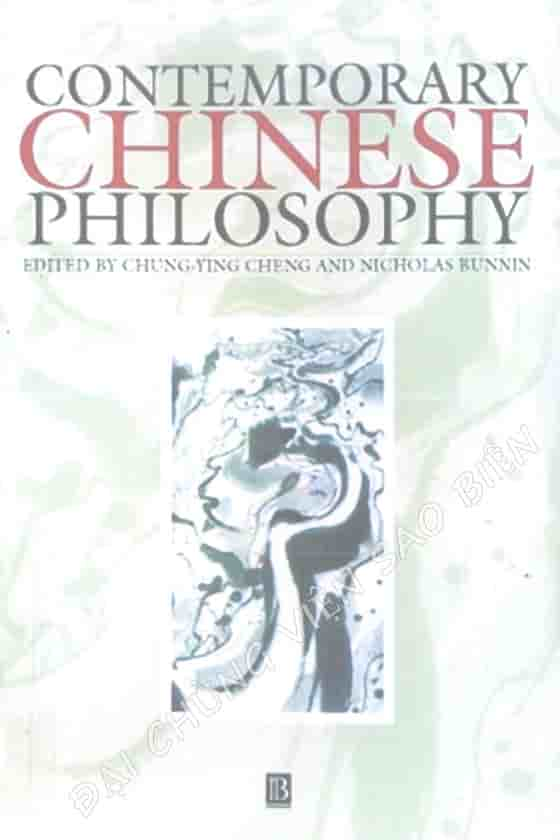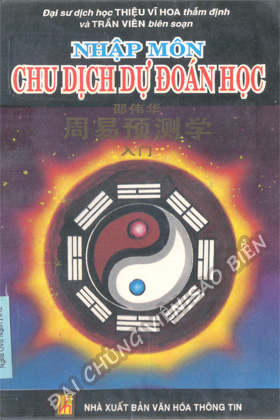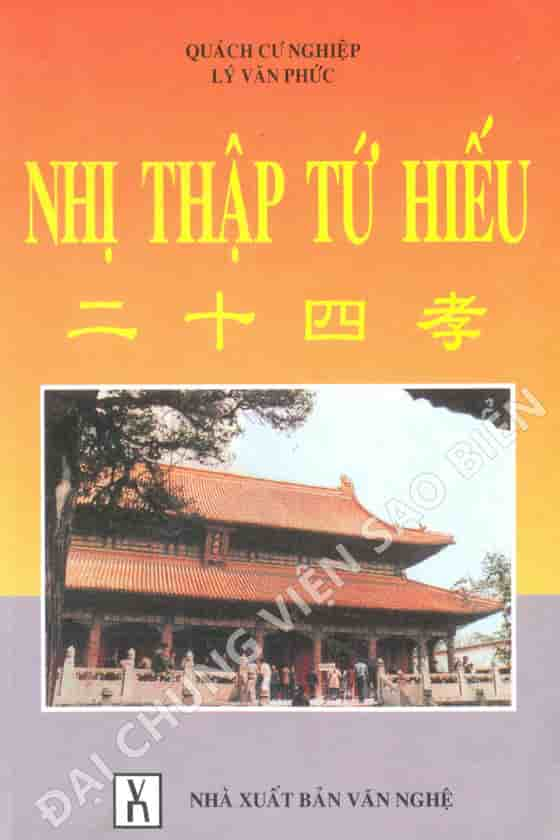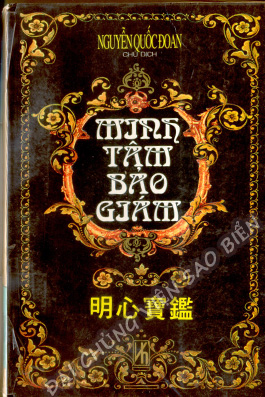| Preface |
page xi |
| Lists of Dates |
xiii |
| |
|
| 1 Chinese Philosophy |
1 |
| Origins of Chinese Philosophy |
3 |
| Features of Chinese Philosophy |
4 |
| Self Cultivation |
4 |
| Understanding the Self: Relationships and Contexts |
6 |
| Conceptions of Harmony |
8 |
| Conceptions of Change |
10 |
| The Philosophy of the Yijing ( The Book of Changes) |
11 |
| Thinking Philosophically |
15 |
| |
|
| 2 Confucius and the Cofucian Concepts Ren and Li |
19 |
| Reading the Analects |
19 |
| Ren: Humaneness |
21 |
| Ren as Love |
22 |
| Ren, the Confucian Golden Rule |
22 |
| Ren and the Cultivation of Special Relationships |
23 |
| Ren as Ethical Wisdom |
24 |
| Li: Behavioural Propriety |
25 |
| Ren and Li |
27 |
| Ren is Fundamental |
28 |
| Li is Fumdamental |
29 |
| Ren and Li are Interdependent Concepts |
30 |
| Ren and Li in Contemporary Philosophical Debates |
30 |
| |
|
| 3 The Cultivation of Humanity in Confucian |
|
| Philosophy: Mencius and Xunzi |
35 |
| Mencius: The Cultivation of Human Nature |
36 |
| Xunzi: The Regulation of Human Behaviour |
40 |
| Li (Appropriate Behaviour) and Fa (Standard and Penal Law |
41 |
| Zhengming: Regulating Society with Prescribed Titles |
43 |
| The Way of Heaven and the Way of Humanity |
45 |
| Personal Cultivation and Social Development |
47 |
| Character Development and the Cultivation of Skills |
49 |
| |
|
| 4 Early Mohist Philosophy |
55 |
| Texts and Themes |
56 |
| The Essays |
57 |
| Maximising the Collective Good |
59 |
| Working with Standards |
63 |
| |
|
| 5 Early Daoist Philosophy: The Dao De Jing as |
|
| a Metaphysical Treatise |
71 |
| The origins of Daoist Philosophy and the Early Daoist Texts |
72 |
| Dao as Reality: the Search for a New Reality |
74 |
| Opposites: Contrast and Complementation |
81 |
| De and the Intergrity of the Individual |
84 |
| |
|
| 6 Early Daoist Philosophy: Dao, Language and Society |
93 |
| Dao, Language and Indoctrination |
94 |
| Wuwei |
97 |
| Wuwei and Government |
99 |
| Wuwei and Learning |
102 |
| The Ethics of Ziran and Wuwei |
105 |
| |
|
| 7 The Mingjia and the Later Mohists |
111 |
| The Mingjia Debates |
114 |
| Hui Shi |
115 |
| Gongsun Long |
118 |
| The Later Mohists |
123 |
| Argumentation and Disputation: Bian |
125 |
| Language, Names and Propositions |
128 |
| Scientific Discussions |
131 |
| Practising Jianai: Utilitarian Morality |
134 |
| Philosophy of Language in Early China |
136 |
| |
|
| 8 Zhuangzi's Philosophy |
142 |
| Epistemological Questions in the Qiwu Lun |
145 |
| Interpretations of Zhuangzi's Scepticism |
152 |
| Cultivating Knack |
156 |
| The Implications of the Philosophy of the Zhuangzi |
166 |
| |
|
| 9 Legalist Philosophy |
172 |
| Three Basic Themes: Penal Law, Technique and Power |
174 |
| Fa: Standards and Penal Law |
174 |
| Shu: The Technique of Managing the Bureaucracy |
178 |
| Shi: Power |
181 |
| Han Fei, the Great Synthesiser |
184 |
| Debates in Legalist Philosophy |
186 |
| Human Nature |
186 |
| Citizenry: the Role of the common People |
187 |
| Best Man and Best Laws |
189 |
| Bureaucracy |
191 |
| Secrecy, Power and the Control of Knowledge |
193 |
| Government and Human Development |
195 |
| |
|
| 10 The Yijing and its Place in Chinese Philosophy |
199 |
| The Text and Commenraties |
201 |
| Comprehensive Synthesis and Correlative Thinking |
|
| during the Han |
203 |
| Correlative Thinking: then Spirit of the Yijing |
212 |
| (1) The Primacy of Observation |
213 |
| (2) A Holistic, All-emcompassing Perspective |
214 |
| (3) A Dialectical and Complementary Approach to Dualisms |
215 |
| (4) Correlative Thinking and Resonance |
217 |
| (5) An Interpretive Approach to the Meanings of the |
|
| Hexagrams and Correspondences |
220 |
| (6) Constant Moverment Maked by the Inevitability |
|
| of Change |
223 |
| (7) The Action-guiding Nature of the Judgements |
226 |
| The Impact of the Yijing |
229 |
| |
|
| 11 Chinese Buddhism |
235 |
| Basic Tenets of Buddhist Thought |
236 |
| The Introduction of Buddhism into China |
244 |
| Chinese Buddhist Doctrines during the fifth and |
|
| sixth centuries CE |
250 |
| Three Treatise (San Lun) Buddhism |
251 |
| Consciousness-Only (Wei Shi) Buddhism |
253 |
| Tian Tai Buddhism |
255 |
| Flower Garland (Han Yan) Buddhism |
257 |
| Chan Buddhism |
261 |
| Chinese Buddism |
267 |
| |
|
| Postscript |
272 |
| |
|
| Glossary |
278 |
| Bibliography |
288 |
| Index |
300 |
